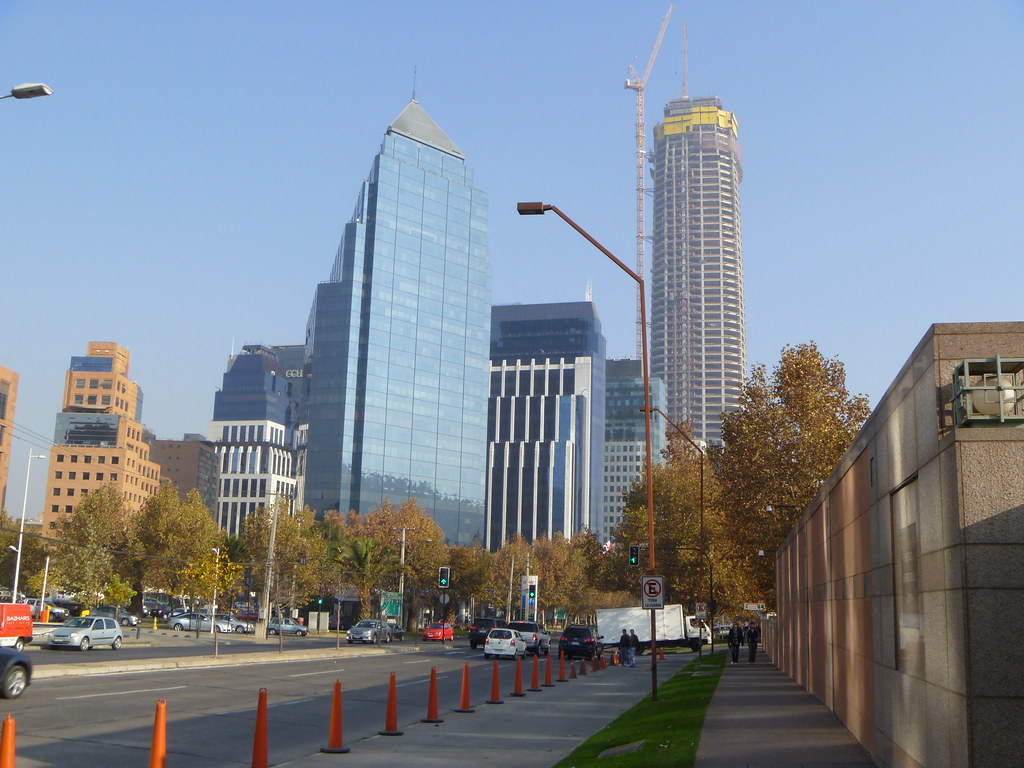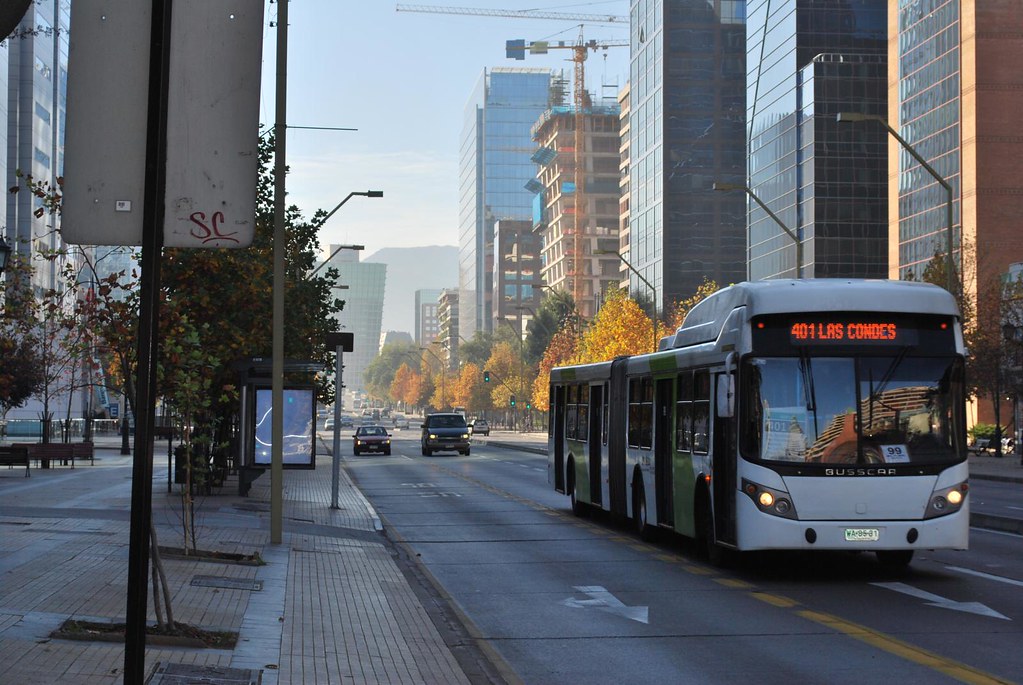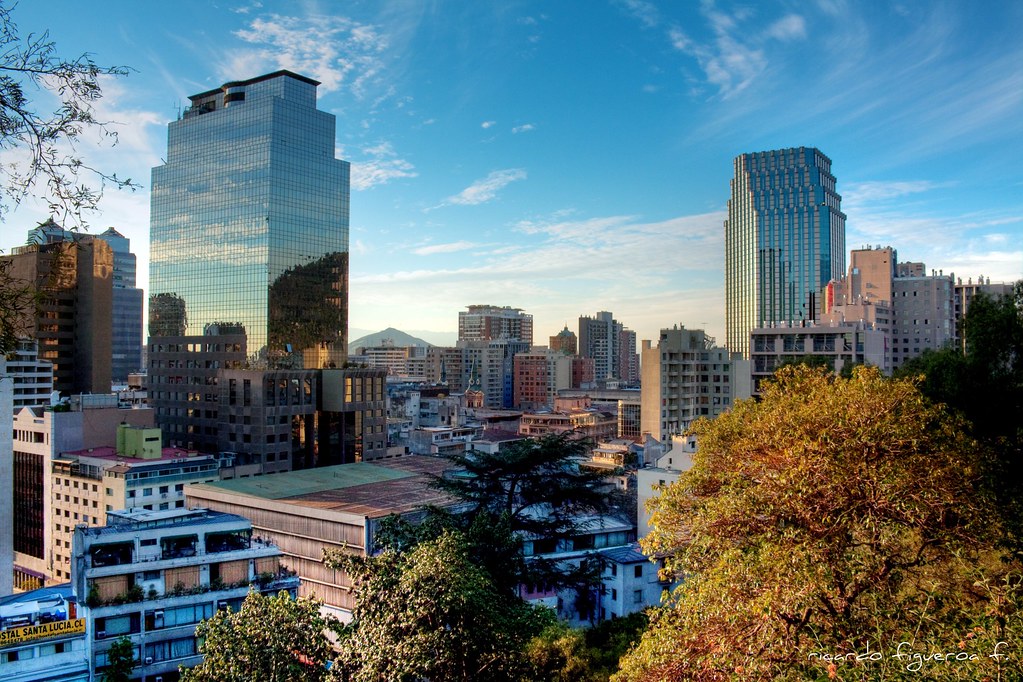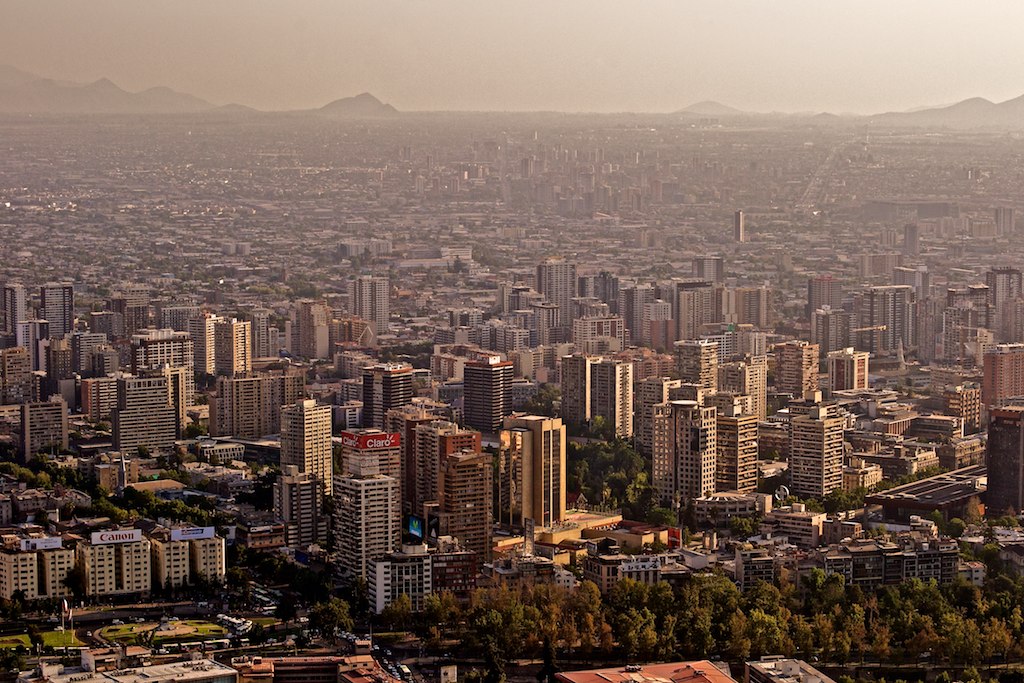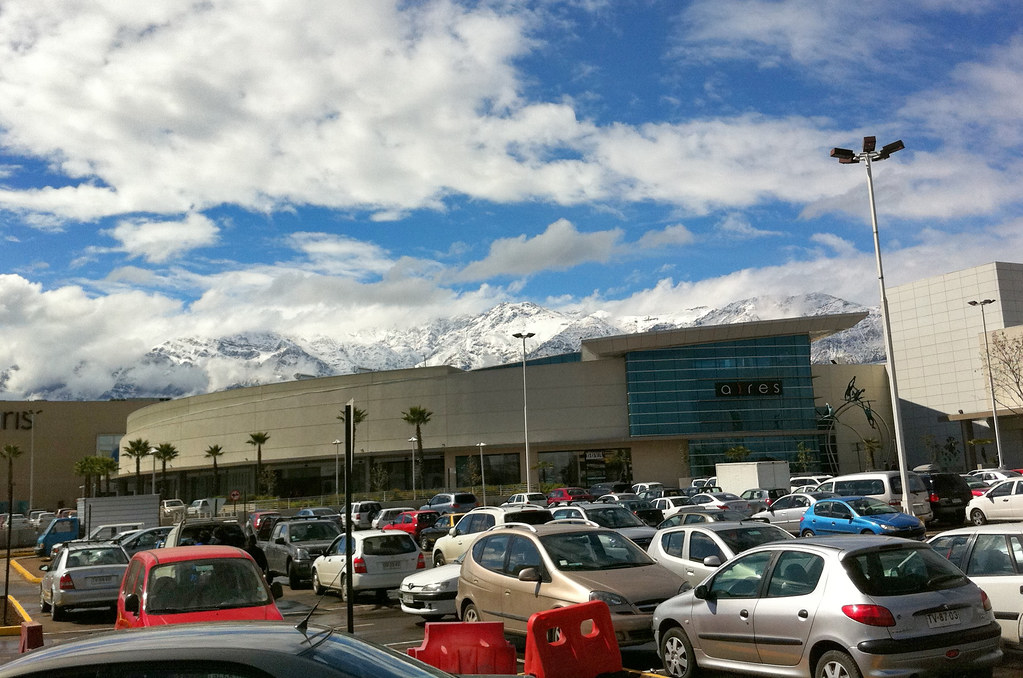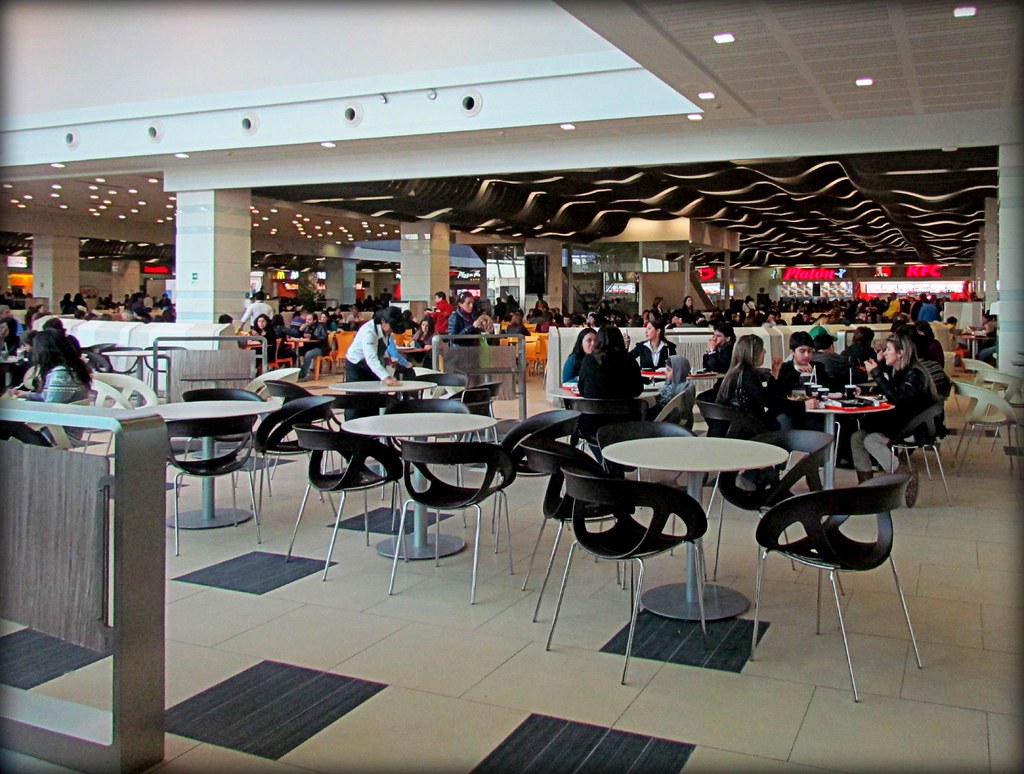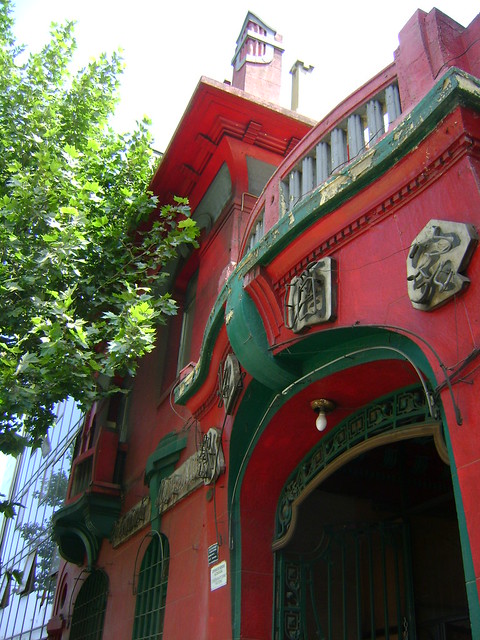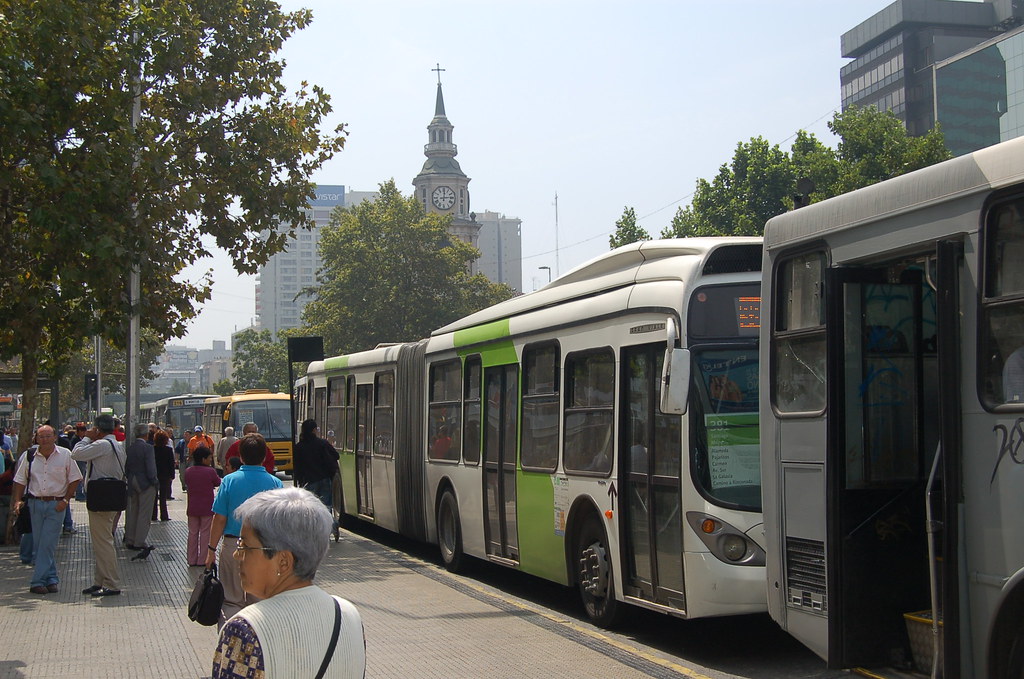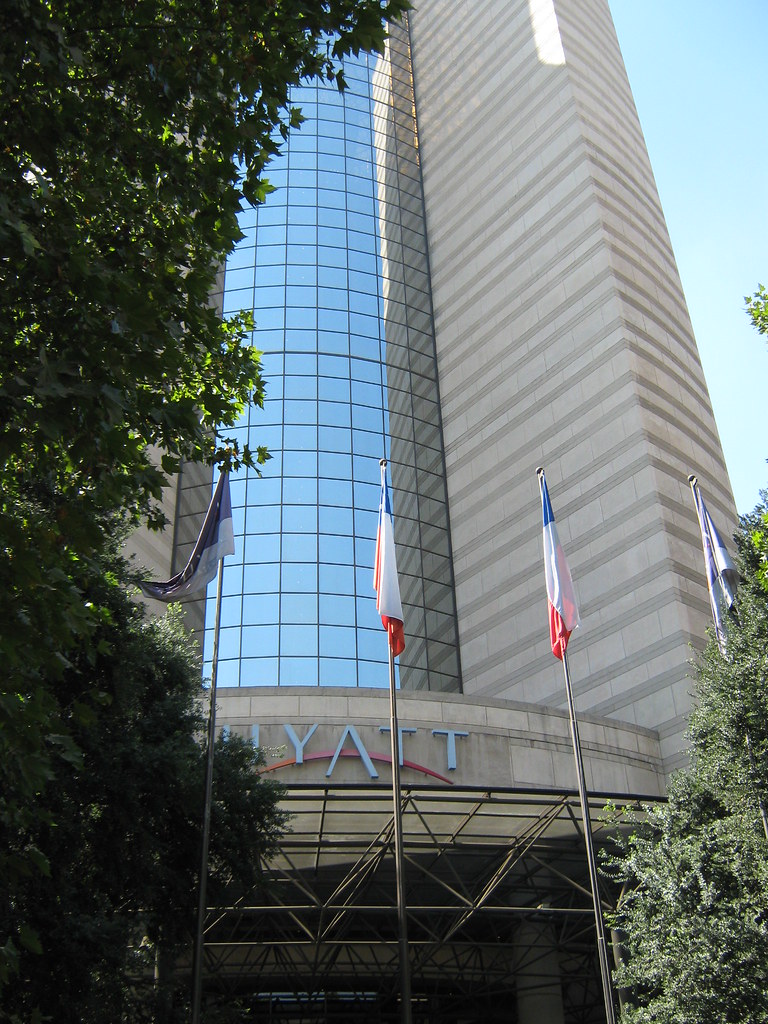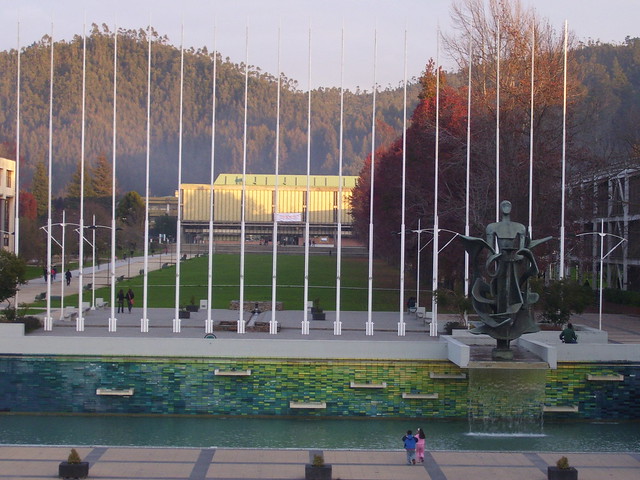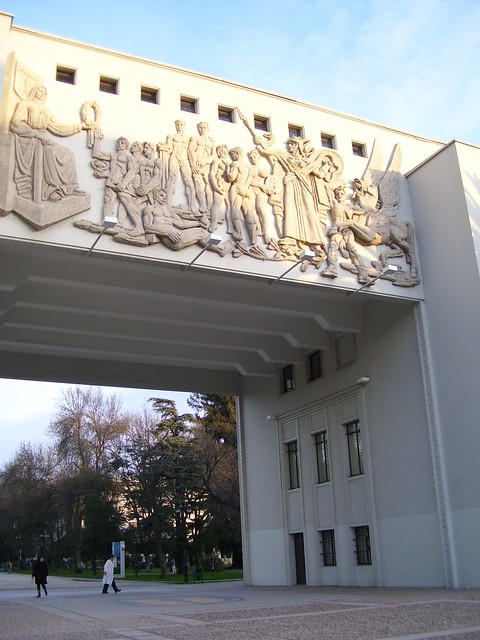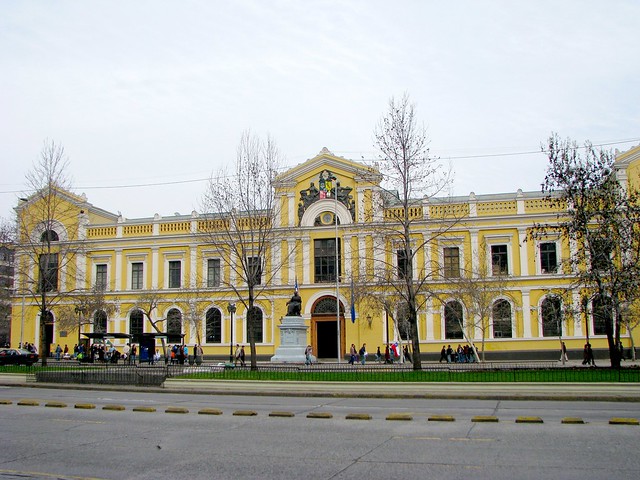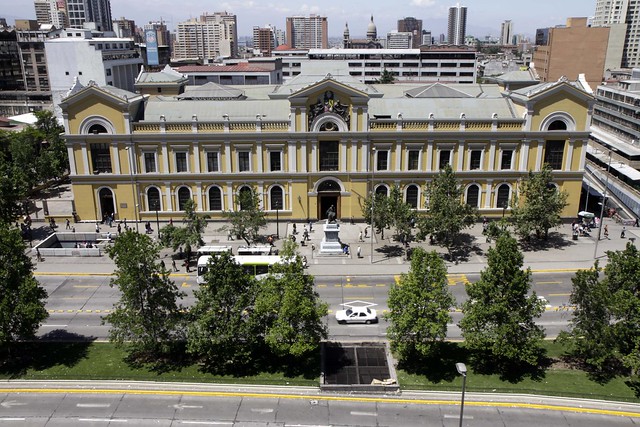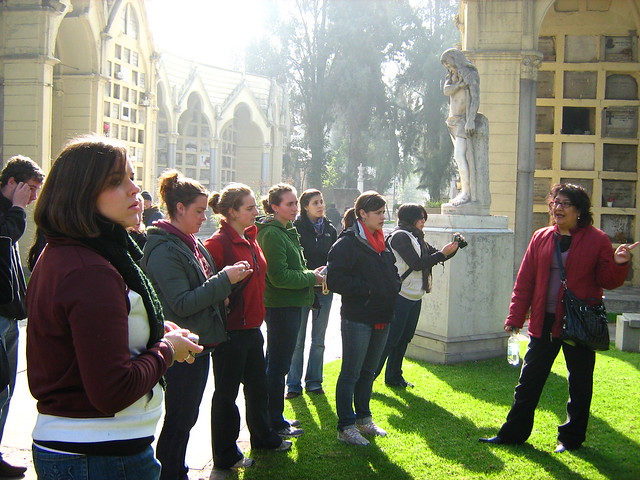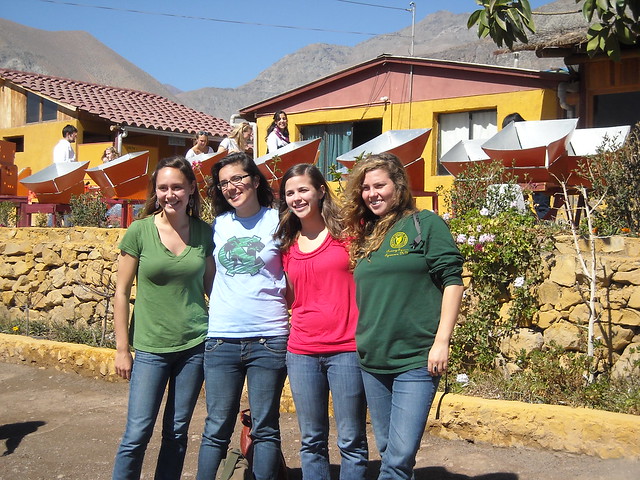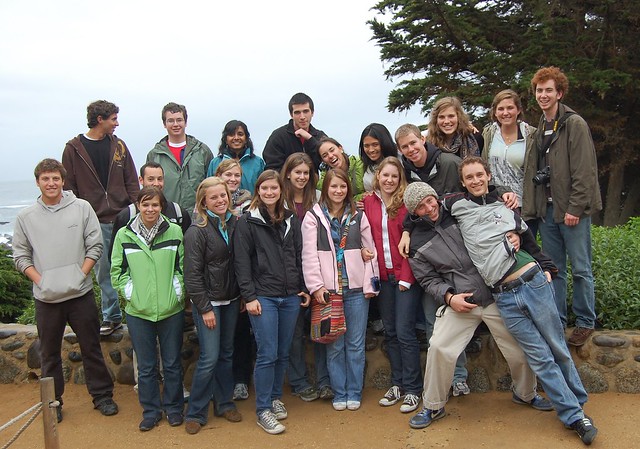- Joined
- Jul 24, 2008
- Messages
- 543
- Points
- 18
http://www.allsouthernchile.com/chi...153/563-chile-retirement-and-income-visa.html
Qualifying for the Chilean Retirement and Income Visa
The key requirement is a basic recurring income that will support you in the future. Among just a few of the sources that Chilean Immigration will accept are pensions, social security, rent from real estate, long-term contracts, interest income, Annuities,. Any source that will periodically recur in the future.
Your other resources are also considered. It is not only a recurring source of income. Immigration would for example consider a small social security Check you receive every month, in addition to a large savings account, stock portfolio, or property you own in Chile as proof that you have sufficient assets. Some of the secondary assets that Chilean immigration will consider are savings, stocks, property in Chile or other countries, investment in a business in Chile, and so on.
Chilean immigration for the most part will not tell us or anyone else exactly what the magic number is in terms of monthly income or other assets that is required to qualify. All they will say is that it must be sufficient to live on in the area you are intending to reside. So, for example it is much more expensive to live in Las Condes in Santiago than a small town in Southern Chile. A good rule of thumb across Chile is that you should be able to show $1,000 US per person including yourself and any people you claim as dependents on your application. This is sufficient to live a middle class life style in almost every part of Chile.
Chile Immigration Procedures and Documents
We must first warn you however do not try to apply for this visa at your nearest Chilean consulate outside of Chile. The only immigration applications we have ever seen consistently rejected have been done through the consulate while people are outside the country, in spite of what the consulate may tell you. If you avoid this basic mistake, immigration officials have told us they nearly accept 100% of the applications as long as the application is correctly completed and the supporting documents are provided. Most of the rejections occur outside the country, because the staffs at the consulates and embassies do not know the correct procedures.
The correct procedure is to come to Chile under a regular tourist visa, then to change your status by applying for the Retirement or Income visa. Once you apply, and are awaiting approval of your temporary visa you can remain in the country without needing to renew your tourist visa.
Once your one year temporary visa is approved, you must remain in Chile for at least one year. By that they mean, you must complete 365 days of physical presence in Chile within a two year period. Each day you are out of the country, is discounted from your temporary residency time. The longest you can be out of the country is 180 days consecutively. If you fail to meet this requirement, you must start the application procedure all over again and your temporary residency time. So, it is best to plan to remain in Chile once you begin the application procedure. Once you complete that one year temporary residency requirement, you can then apply for a permanent residency status change.
All key documents submitted as supporting evidence to immigration must be notarized and legalized. Chile is not a party to the Hague convention. Thus, this means that there is a lengthy authentication process for such things as birth certificates, contracts, bank statements, pension statements, and so on that you might wish to submit to immigration. It can very from country to country and and consulate to Chilean consulate, but for the most part this involves notarizing an official copy in your home country, and having that notarization certified by a standard legalization process at the nearest Chilean consulate. Once the documents arrives in Chile, they must again be certified at the Foreign Affairs Ministry in Santiago. It is best to check these procedures before leaving home, as some documents are much easier to obtain in person while you are still in your home country.
One final word about immigration in Chile. The corruption free environment of Chile is in part traded for extensive bureaucratic checks and balances. Be patient. That said, if your application is rejected for some reason, no one is going to kick in your door in the middle of the night and throw you out of the country. You can in must cases reapply. Again, the number one reason that immigration applications are rejected in Chile is because of improperly completed applications. If you are not sure, or would simply like to avoid the hassle, seek help from a qualified attorney.
Qualifying for the Chilean Retirement and Income Visa
The key requirement is a basic recurring income that will support you in the future. Among just a few of the sources that Chilean Immigration will accept are pensions, social security, rent from real estate, long-term contracts, interest income, Annuities,. Any source that will periodically recur in the future.
Your other resources are also considered. It is not only a recurring source of income. Immigration would for example consider a small social security Check you receive every month, in addition to a large savings account, stock portfolio, or property you own in Chile as proof that you have sufficient assets. Some of the secondary assets that Chilean immigration will consider are savings, stocks, property in Chile or other countries, investment in a business in Chile, and so on.
Chilean immigration for the most part will not tell us or anyone else exactly what the magic number is in terms of monthly income or other assets that is required to qualify. All they will say is that it must be sufficient to live on in the area you are intending to reside. So, for example it is much more expensive to live in Las Condes in Santiago than a small town in Southern Chile. A good rule of thumb across Chile is that you should be able to show $1,000 US per person including yourself and any people you claim as dependents on your application. This is sufficient to live a middle class life style in almost every part of Chile.
Chile Immigration Procedures and Documents
We must first warn you however do not try to apply for this visa at your nearest Chilean consulate outside of Chile. The only immigration applications we have ever seen consistently rejected have been done through the consulate while people are outside the country, in spite of what the consulate may tell you. If you avoid this basic mistake, immigration officials have told us they nearly accept 100% of the applications as long as the application is correctly completed and the supporting documents are provided. Most of the rejections occur outside the country, because the staffs at the consulates and embassies do not know the correct procedures.
The correct procedure is to come to Chile under a regular tourist visa, then to change your status by applying for the Retirement or Income visa. Once you apply, and are awaiting approval of your temporary visa you can remain in the country without needing to renew your tourist visa.
Once your one year temporary visa is approved, you must remain in Chile for at least one year. By that they mean, you must complete 365 days of physical presence in Chile within a two year period. Each day you are out of the country, is discounted from your temporary residency time. The longest you can be out of the country is 180 days consecutively. If you fail to meet this requirement, you must start the application procedure all over again and your temporary residency time. So, it is best to plan to remain in Chile once you begin the application procedure. Once you complete that one year temporary residency requirement, you can then apply for a permanent residency status change.
All key documents submitted as supporting evidence to immigration must be notarized and legalized. Chile is not a party to the Hague convention. Thus, this means that there is a lengthy authentication process for such things as birth certificates, contracts, bank statements, pension statements, and so on that you might wish to submit to immigration. It can very from country to country and and consulate to Chilean consulate, but for the most part this involves notarizing an official copy in your home country, and having that notarization certified by a standard legalization process at the nearest Chilean consulate. Once the documents arrives in Chile, they must again be certified at the Foreign Affairs Ministry in Santiago. It is best to check these procedures before leaving home, as some documents are much easier to obtain in person while you are still in your home country.
One final word about immigration in Chile. The corruption free environment of Chile is in part traded for extensive bureaucratic checks and balances. Be patient. That said, if your application is rejected for some reason, no one is going to kick in your door in the middle of the night and throw you out of the country. You can in must cases reapply. Again, the number one reason that immigration applications are rejected in Chile is because of improperly completed applications. If you are not sure, or would simply like to avoid the hassle, seek help from a qualified attorney.

